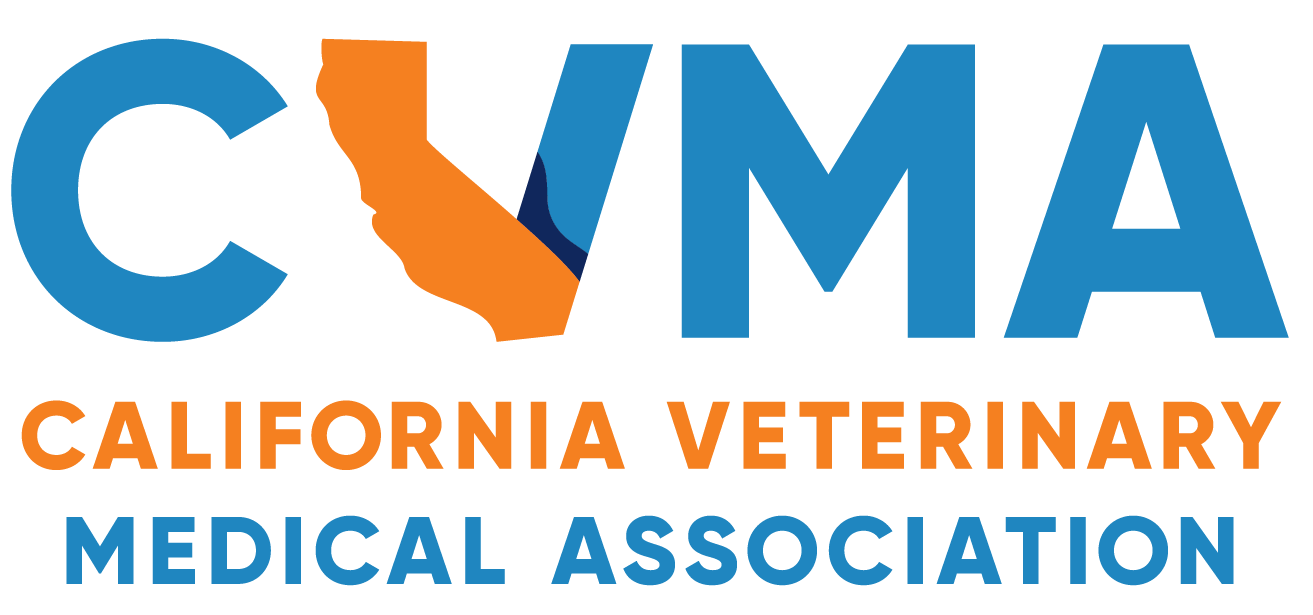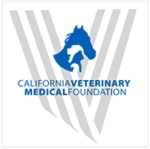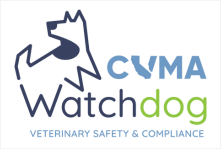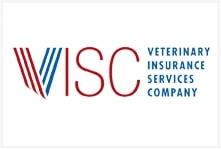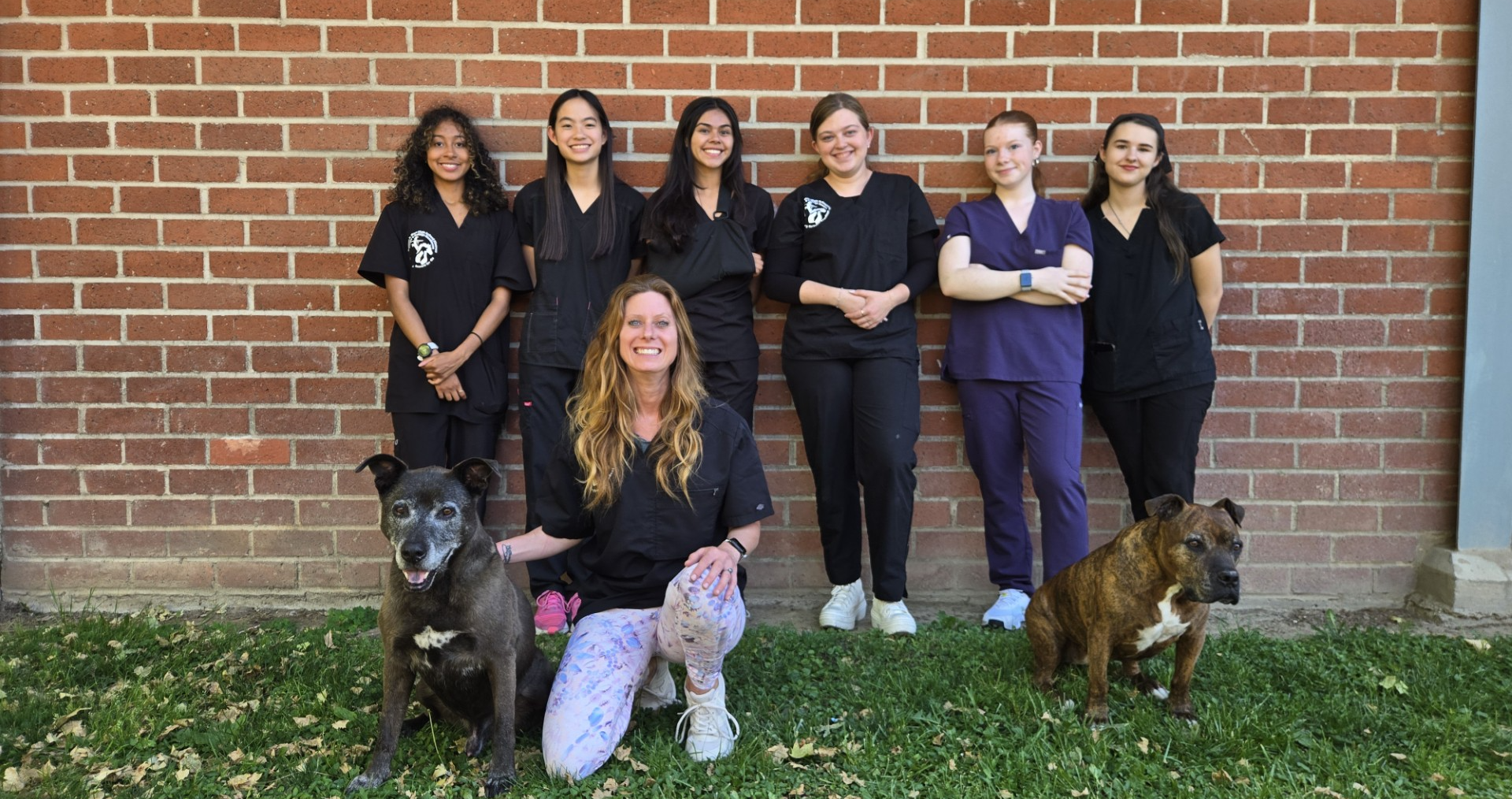
The CVMA’s Certified Veterinary Assistant (CVA) program was established to provide veterinary practitioners with more qualified, professional, and productive employees in traditional entry-level positions of the veterinary support staff. In addition to being offered to individual veterinary assistants, the program is also offered to high schools, regional occupational programs, and technical colleges in partnership with veterinarians and RVTs, who serve as mentors and program advisors.
One high school program that utilizes the CVMA CVA program as part of its curriculum is the William S. Hart Union School District, located in Santa Clarita Valley, California. The district is home to 18 campuses serving an estimated 21,000 students.
First-year students within this district may enter a rigorous, three-year animal/veterinary science pathway, as part of the extended-day college and career readiness program, officially referred to as “CTE” (career and technical education program). The CVMA CVA program is heavily incorporated into the third year of the veterinary science pathway, which focuses on clinical practice internships (the “practicum”).
In the first year of the program, students are introduced to the animal industry, with topics including breed identification, nutrition, reproduction and artificial insemination, meat processing and inspection, genetics, common zoonotic diseases, and basic animal medical procedures used in meat production.
In the second year, students explore the anatomy and physiology of small animals; learn about veterinary laws and ethics; commit medical terminology to memory; identify proper safety and sanitation procedures for a clinical setting; test one another’s knowledge of common zoonotic parasites; assess real animal behavior; begin to practice clinical skills like surgical preparation, pharmacology, animal restraint, medication application, and bandaging; and even conduct live initial-intake physical exams on local guide/therapy dogs-in-training.
Students in year three access the Patterson Veterinary Academy online courses in completion of the CVMA CVA program. In addition to the coursework, these third-year students complete over 300 hours of practical training and entry-level experience at a local veterinary practice under the supervision of a veterinarian or registered veterinary technician. Regular check-in visits by the program instructors ensure the students’ safety and address any questions or concerns shared by the practice team.
Students and faculty track internship hours, and clinic mentors verify that students complete the essential skills listed on the CVMA CVA task sheet. Completion of these tasks demonstrates mastery of 11 categories of practical experience expected of a CVMA CVA candidate, including interpersonal and professional communication skills, radiology safety and procedures, surgical preparation, animal restraint, and animal identification.
Throughout this three-year program, students have opportunities to attend various field trips to zoos; wolf rescue sanctuaries; grocery store meat departments; local ranches; and various guest-speaker presentations by veterinarians, veterinary students, RVTs, animal meat inspectors, and other industry professionals as appropriate.
Brian Ortiz and his wife, Robyn, serve as the instructors at Hart High School (with their rescue dogs/class mascots, Jack and Roxxy). The husband-wife duo have varied backgrounds within the veterinary field, and both instructors hold California teaching credentials.
The students pictured (standing) are the most recent graduates of the program, having completed all three years AND successfully passed the CVMA CVA exam. If students complete the program in their third year (Grade 11), they may continue their internship at their desired practice during their fourth year (Grade 12) as they gain even more work-based learning experience.
Several students have received job offers from their practice upon completion of the pathway. Many of these students have graduated to various pre-veterinary programs offered at prestigious animal-care institutions within California, such as Cal Poly San Luis Obispo, Cal Poly Pomona, UC Davis, and Pierce College. Still others have been accepted into out-of-state institutions across the country.
